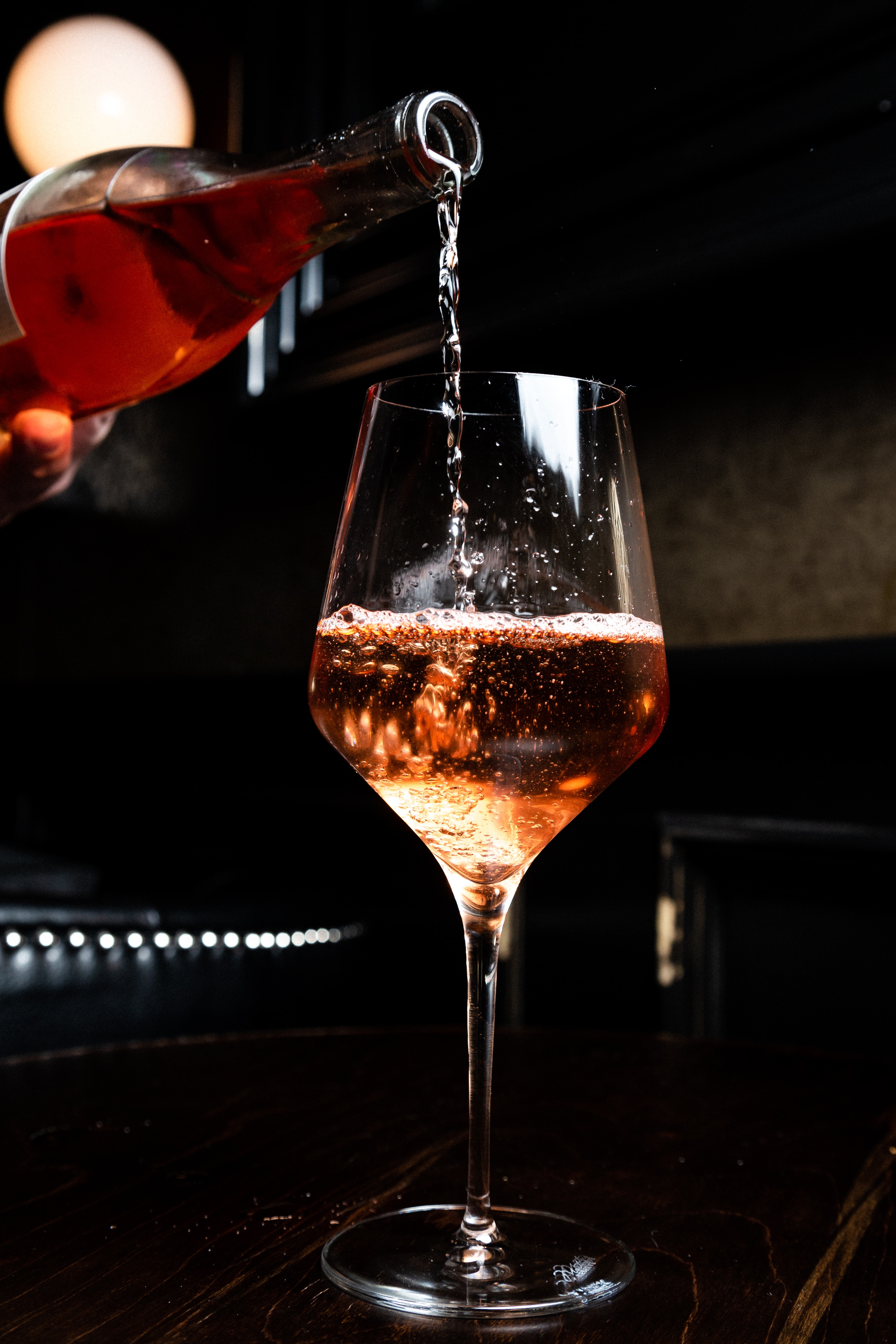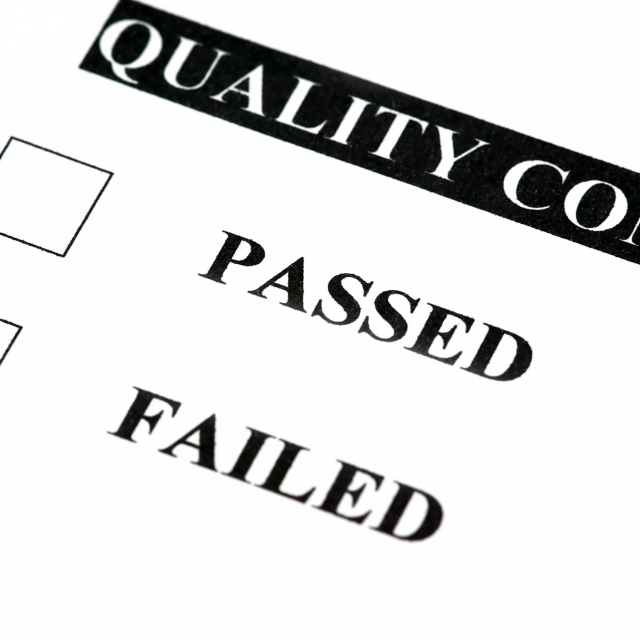Photo by Kevin Kelly on Unsplash
A new report from the Institute of Economic Affairs (IEA) says that although numerous EU member states are imposing stricter limits or outright bans on alcohol advertisements, these restrictions do nearly nothing to lower alcohol consumption levels.
Public health campaigners have long insisted that alcohol advertising bans could help reduce sales and, by implication, associated harm.
But the IEA’s new report highlights the lack of evidence that advertising bans decrease drinking or harm associated with alcohol. In addition, the report found that there is no discernible lack of a link between advertising expenditure and alcohol consumption.
This makes, it says, the regulations of several EU member states, including Lithuania, Ireland, Finland, and Sweden “superfluous at best.”
The main conclusions of the report include:
Advertising bans have no significant effect on the overall demand for alcohol.
Alcohol industry advertising expenditure has no relationship with drinking levels.
Between 1991 and 2001, alcohol advertising fell by 10.8% in Britain, but alcohol consumption rose by 15.8%.
Advertising increases the sale of individual brands but does not increase total sales.
Just like the new IEA report, a Cochrane Review in 2014 – widely considered the ‘gold standard’ of evidence in health policy – similarly found that “There is currently a lack of robust evidence for or against recommending the implementation of alcohol advertising restrictions.”
In addition, three Canadian studies that looked at advertising restrictions in British Columbia, Manitoba, and Saskatchewan, found no effect on consumption. A 2010 cross-sectional study from 17 OECD countries between 1975 and 2000 similarly found “advertising bans do not reduce alcohol demand”.
Despite these recommendations, many member states continue to enforce hard-line stances on alcohol advertising, with Lithuania and Ireland being the EU’s strictest regulators. Since 2018, Lithuania has implemented a complete ban on alcohol advertising in all forms, even restricting imported magazines that contain such ads. In Ireland, alcohol advertising is largely banned in public settings and, prohibited on TV and radio before 9 pm (except for spirit products, which are banned entirely).
Report author and Head of Lifestyle Economics at the IEA, Christopher Snowdon, says alcohol producers pay for advertising to persuade drinkers to switch from rival products, not to increase overall consumption. Snowdon’s comments are backed up by a study on alcohol advertising in the USA that concluded “brand-level spirits advertising results only in brand switching and does not increase the size of the spirits market.”
Studies favourable to restrictions have tended to ignore confounding factors or been replete with biases – like cultural differences, measurement problems, selection bias, and recall bias. For example, studies that show heavier drinkers view more alcohol advertising are likely examples of ‘reverse causation’.
Snowdon said that without robust evidence that banning advertising reduces consumption, Snowdon concludes that state intervention is unjustified.




